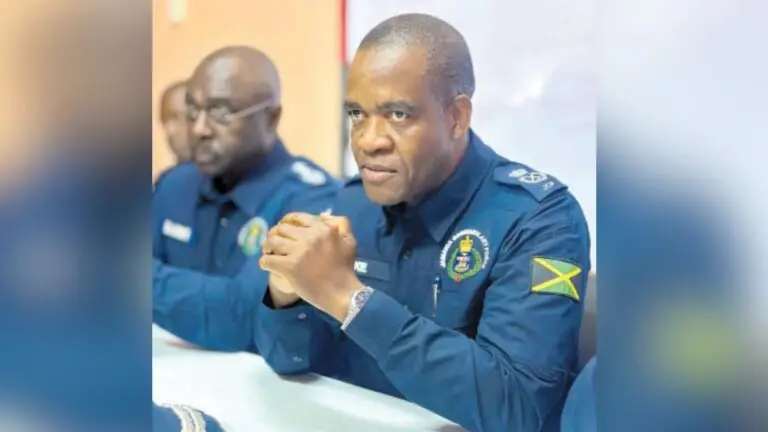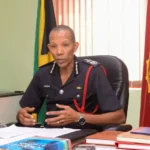Amid a surge in fatal police shootings, Jamaicans for Justice (JFJ) is demanding stronger oversight and accountability from law enforcement, challenging what it sees as a culture of unchecked force within the Jamaica Constabulary Force (JCF).
The organization’s call for action has sparked pushback from Police Commissioner Dr. Kevin Blake, who dismissed JFJ’s concerns as an attempt to stay relevant. But JFJ remains undeterred, arguing that transparency in policing is not optional—it is essential.
“The public deserves answers, not dismissals. Questioning the increase in fatal encounters is not about relevance—it’s about justice,” JFJ stated in a release this week.
Escalation Without Explanation
While Commissioner Blake insists that officers are simply responding to threats, JFJ points to the steady rise in police-involved fatalities as a sign that something is fundamentally flawed in the approach to law enforcement.
“When fatal shootings become routine, they demand scrutiny. Law enforcement should never be above questioning, and public safety should not come at the cost of human rights,” JFJ asserted.
The group has also raised concerns about inconsistencies between official reports and witness statements, urging authorities to release clearer data on these fatal encounters.
The Missing Footage Debate
A key point of contention is the limited use of body-worn cameras, despite reports that hundreds have been deployed. While the JCF has assured the public that 750 body cameras are in circulation, JFJ questions why so few fatal encounters are captured on video.
“If body cameras are in use, why are they not providing the footage needed to resolve these cases? Are these devices actually being activated when officers engage civilians?” the organization asked.
Commissioner Blake downplayed concerns over missing footage, insisting that investigations can proceed without video evidence. But JFJ argues that body cameras are not just for accountability—they also protect officers from false allegations and help build public trust in law enforcement.
A Call for Constructive Change
Rather than dismissing concerns, JFJ is calling for law enforcement to work collaboratively with civil society to develop policies that ensure both effective crime-fighting and accountability.
“We all want safer communities, but security cannot come at the expense of unchecked power. The people have a right to know that their law enforcement system operates fairly, transparently, and within the law,” JFJ stated.
As tensions rise over Jamaica’s policing tactics, JFJ is making it clear: a strong police force must also be an accountable one.






